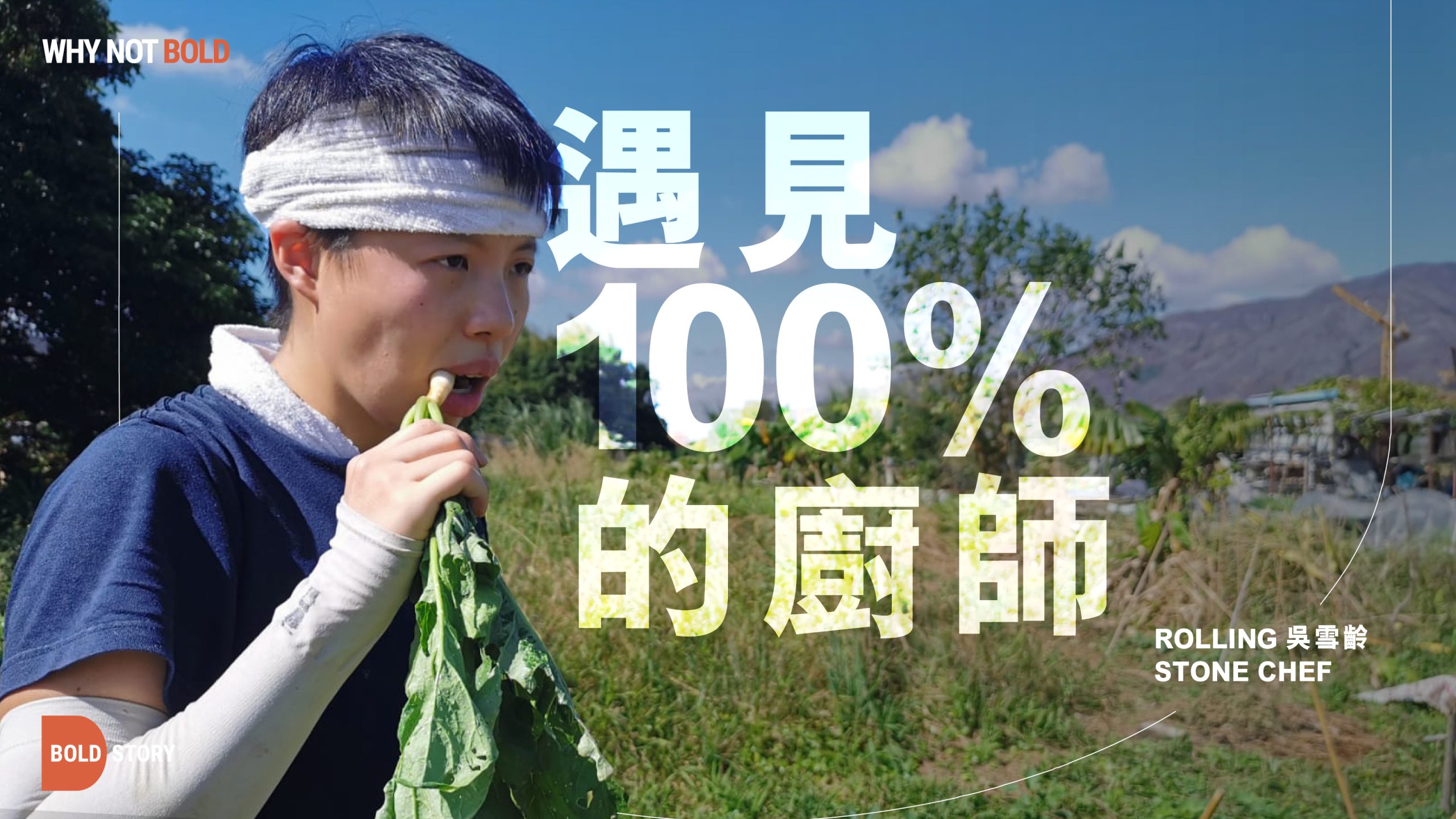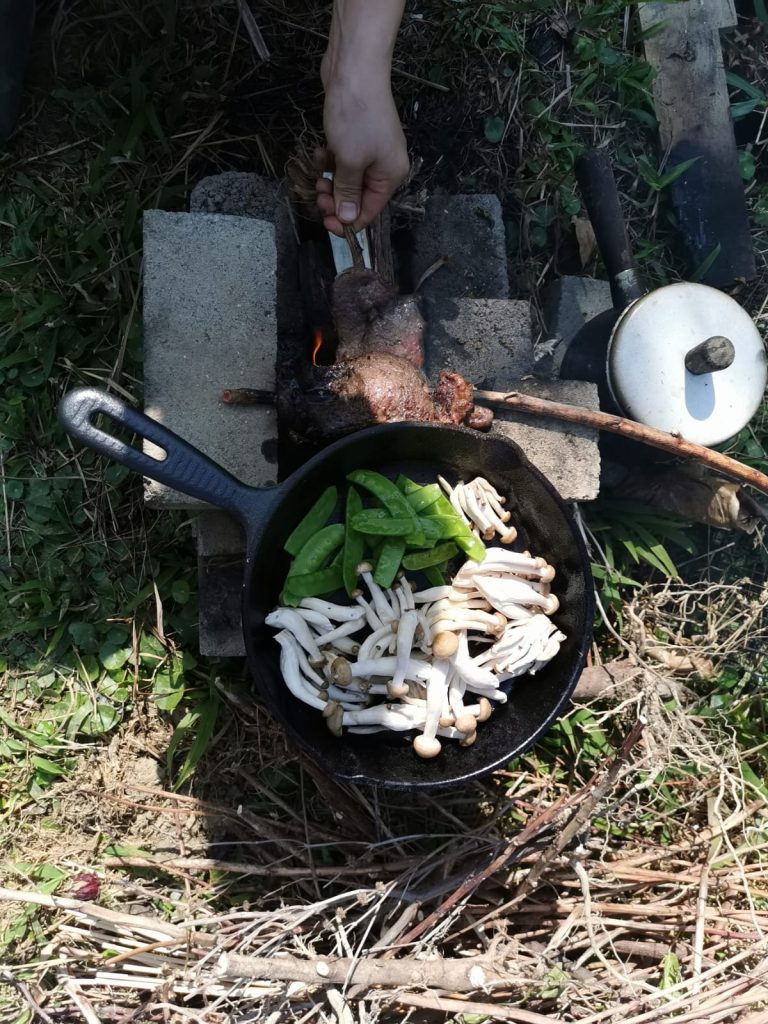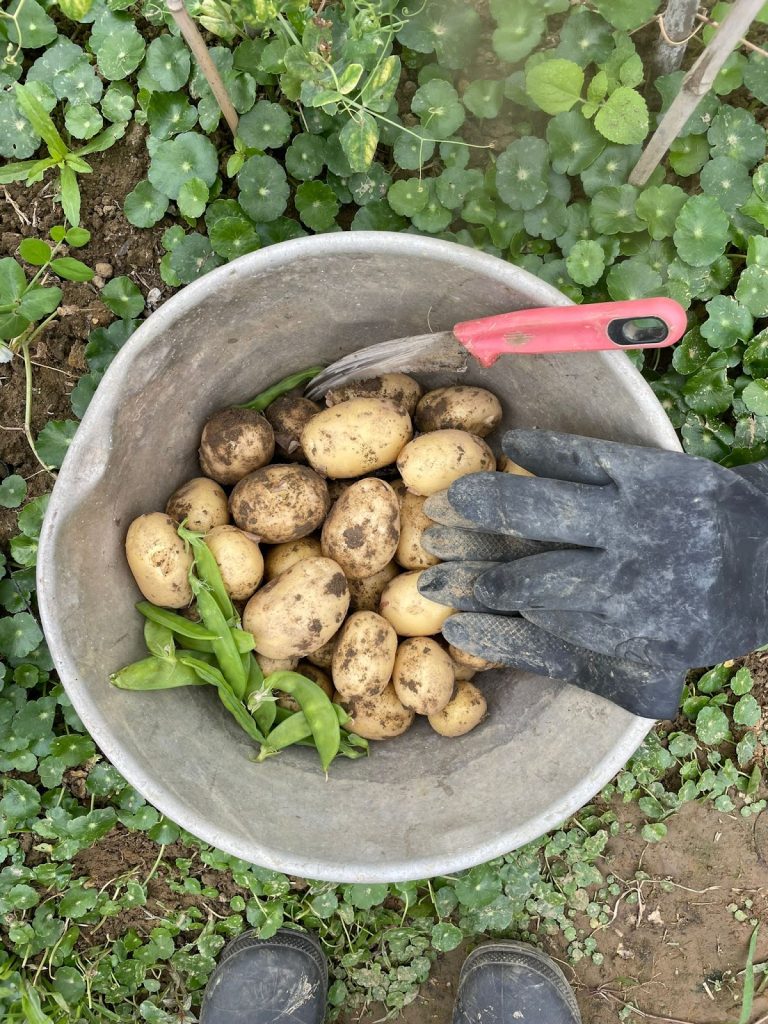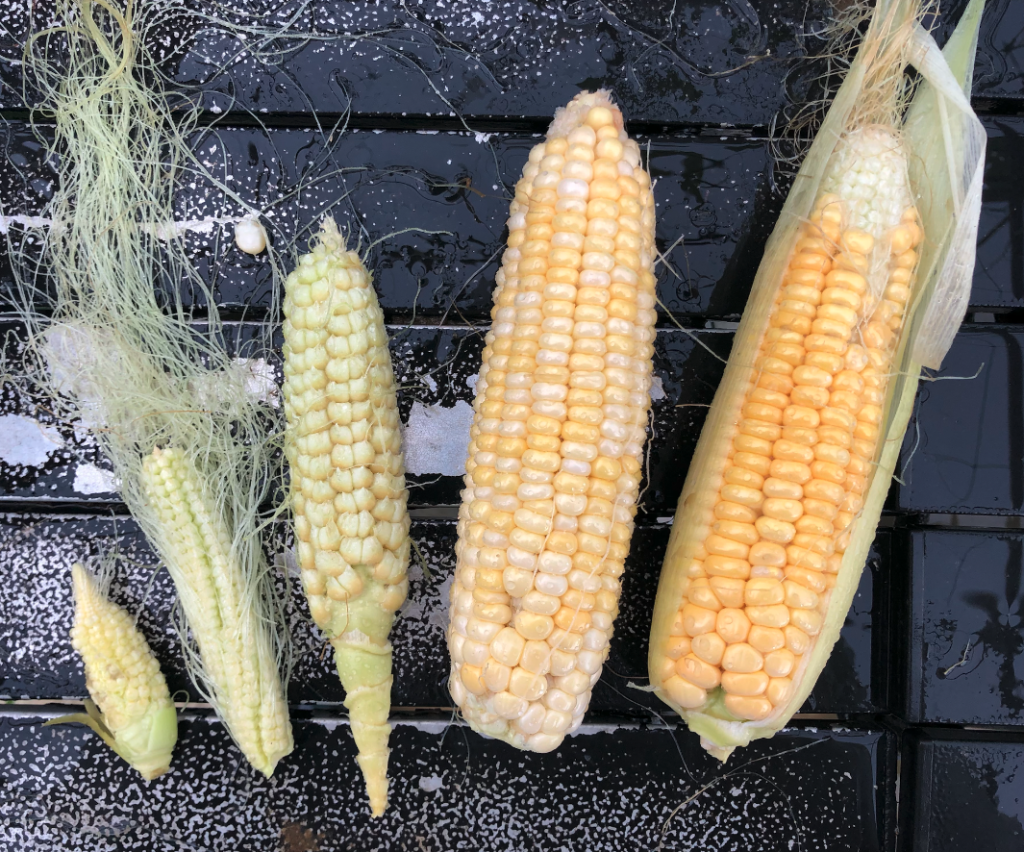Once upon a time, in a quaint city known as the Culinary Paradise, there lived a chef. While the townspeople relished international cuisines, local ingredients remained underappreciated, with few taking pride in their regional produce. This chef pondered, “How can I arrange my work freely and connect genuinely with food?” She firmly believed in a lifestyle perfectly suited to her.
Meet Chef Ling (Ng Suet Ling), born into a family of Chinese culinary heritage. Her father, a master of wonton and beef brisket noodles, watched as his daughter gravitated towards Western cuisine. Self-taught in baking, Ling first worked in a patisserie before apprenticing in Western cuisine, handling everything from starters and salads to desserts. Describing herself as a ‘hybrid’ chef, she ventured to the UK for a working holiday, intending to refine her skills in Michelin-starred restaurants. However, Ling soon realized her heart lay in casual dining rather than the rigidity of fine dining. She preferred the warmth and simplicity of meals in bustling pub restaurants, where guests dined happily and casually.
In the demanding world of gastronomy, long hours are the norm. Yet, Ling yearned for more than being confined to a kitchen. Amidst her imaginative and whimsical ideas, she seized a business opportunity during the pandemic, launching “Rolling Stone Catering” with the motto, “A rolling stone gathers no moss but sees a bigger world.” True to it, she frequently returned to the farms in Yuen Long Pat Heung to personally cultivate seasonal produce, integrating it into bespoke menus for her clients. This approach resonates with the Farm to Table concept, a romanticized food philosophy.

Farm to Table allows people to savour local produce, cultivated organically by farmers. It fosters a strong sense of identity and pride in local produce, evident in various global examples. However, in Hong Kong, imported ingredients often overshadow local produce in supermarkets. Ling found this disheartening. She believes that as the “end-users”, people should be more connected with their food. “In Hong Kong, dining out offers many choices, but few are local,” she observes.
Ling admits that implementing Farm to Table is challenging. Crop yield can be unpredictable, and her amateur farming skills are still a work in progress. She avoids pesticides and herbicides, tackling weeds manually, and braving the challenges of natural farming. The unpredictability of harvests doesn’t deter her, she sees each failure as a lesson for the next season.
Interestingly, Ling’s journey led her to a like-minded Japanese chef who also farms in Fanling. They exchange insights and explore the viability of Farm to Table, promoting its values. Despite the challenges, they are inspired by the adaptability and resourcefulness of Hong Kong’s people. Ling, not a morning person, tends her fields in the afternoons, flexibly managing her chef duties. She doesn’t run a restaurant, instead, she brings the dining experience to her clients’ homes, occasionally incorporating her produce into the menu.
Ling aspires to be a 100% chef, deeply connected with her food. “At least the food you cook should have a bond with you,” she insists. From selecting ingredients in local markets to discovering the wonders of nature and agriculture, every experience enriches her culinary journey.
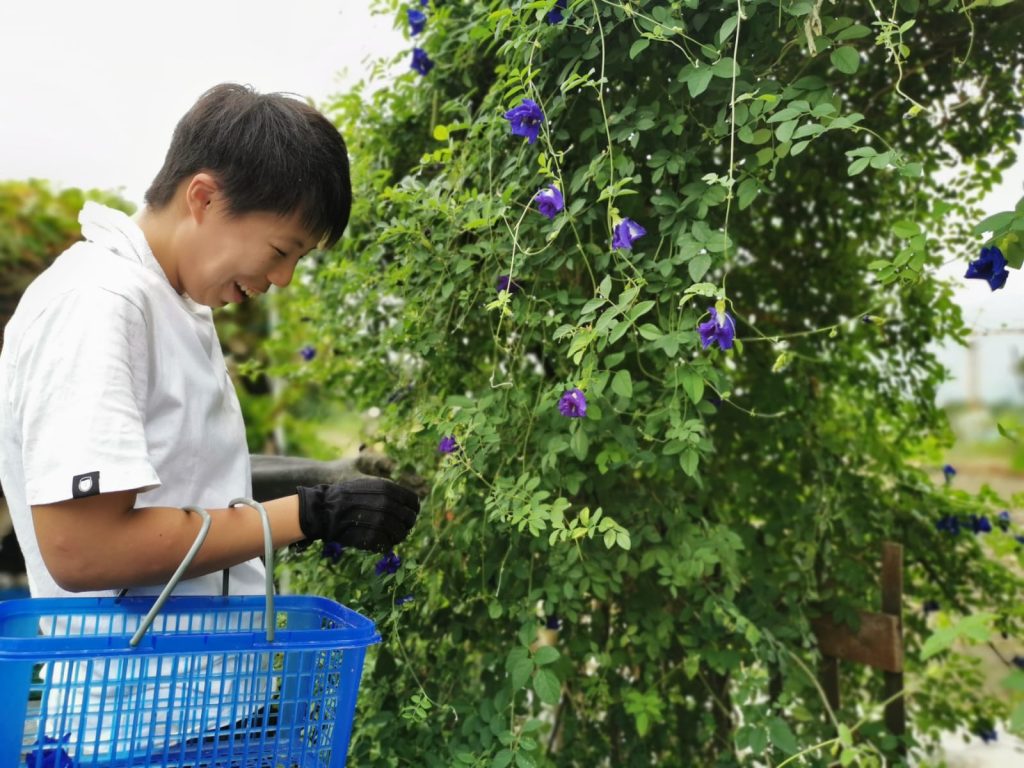
Ling’s story is a testament to understanding your audience’s needs and perspectives. While others spend weekends hiking or doing yoga, this quiet young woman, Ling, communicates with ingredients in her field. She’s not Sisyphus, she’s a chef, wholly dedicated to her craft.

